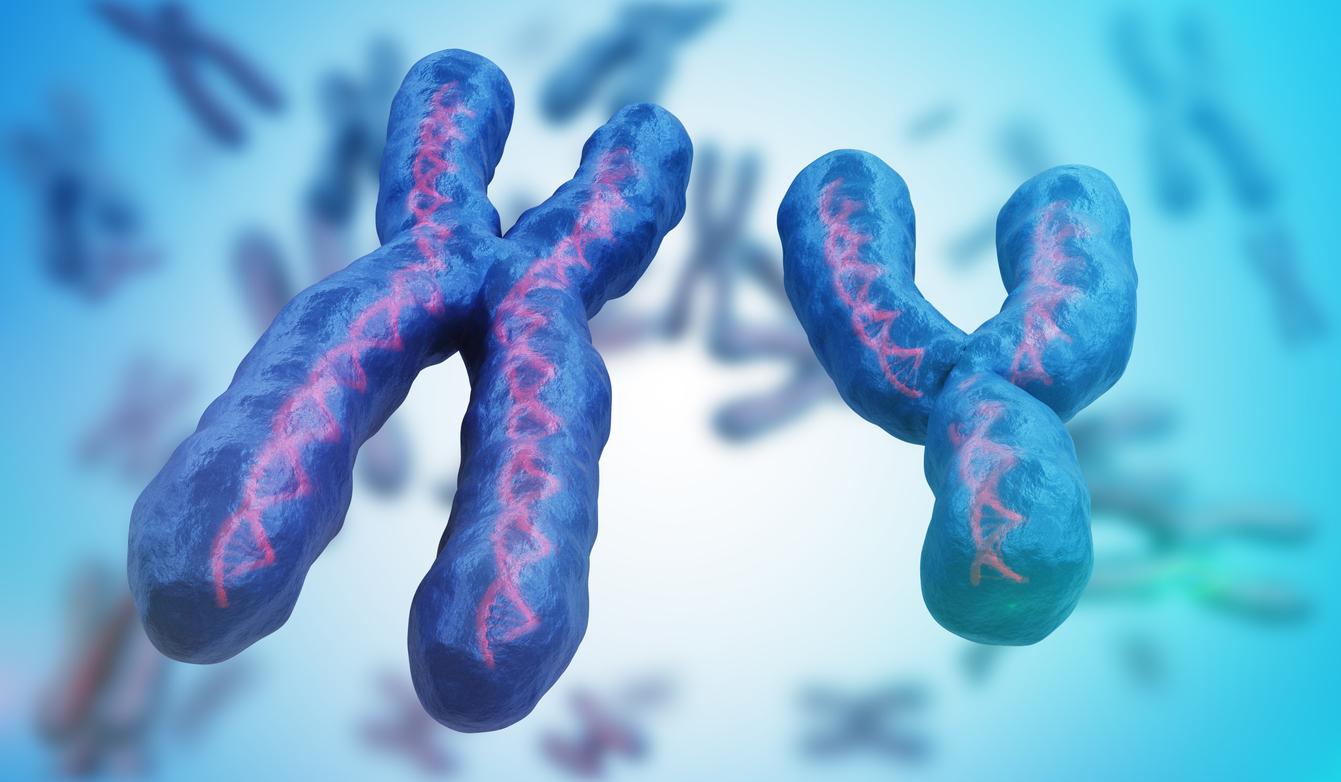Autism can manifest in children as a delay or blockage in learning to speak. Among the key elements in managing this symptom of autism, speech therapy plays a crucial role in allowing those affected to develop their communication and language skills. But be careful, a child who is slow to speak does not necessarily have autism!

- A child who is slow to speak: this can be a symptom of autism but also be due to other causes.
- The care of children suffering from difficulties in learning language relies in particular on speech therapists.
- Language and communication disorders can be significant disabilities in daily life.
Speech delay in a child may be a sign of autism, but all children develop at their own pace and speech delay alone does not necessarily mean a child has autism. Signs of autism spectrum disorder (ASD) are usually present by 36 months, but they can be present much earlier (by 18 months) or appear later.
Parents are often the first to notice signs of autism in their child. In addition to speech delay, other signs may include difficulty with social interactions, repetitive behaviors, and unusual reactions to sensory stimuli. For example, a child with autism may not respond when called, may not point to objects, or may use another person’s hand to indicate needs.
However, every child is unique and the signs of autism can vary greatly from child to child. Additionally, it is possible that some signs of autism are actually related to another neurodevelopmental disorder.
A child who is slow to speak: this could be a sign of autism
If you have any concerns about your child’s development, it is recommended that you consult a healthcare professional, such as a general practitioner or paediatrician. It is important to remember that early diagnosis and intervention are essential to helping children with autism reach their full potential. Many interventions and therapies can help improve communication and social interaction skills, as well as manage repetitive behaviours.
If your child is slow to speak, it could be a sign of autism, but it is important to consult a health professional to obtain an accurate diagnosis and possibly begin treatment with a speech therapist. As a therapist specializing in communication, the speech therapist plays an important role in the care of a child with autism.
Speech therapy is also interested in all alterations of the orofacial sphere on the motor, sensory and physiological levels, which covers alterations of phonemes, lingual dysfunctions, respiratory disorders, dysphagia, disorders observed in facial paralysis and dysfunctions of the masticatory system.
Support from speech therapists specializing in autism
In France, there are speech therapists who specialize in autism. These health professionals play an important role in the care of autistic children, particularly with regard to language and communication disorders that impact their daily lives. The speech therapist can assess and treat difficulties in terms of learning (oral and written), communication and understanding, articulation, and swallowing.
It should also be noted that speech therapy is often necessary for a person with an autism spectrum disorder (ASD) who has communication difficulties, whether nonverbal, minimally verbal or overly verbal. Indeed, communication is a crucial element that influences quality of life, allows for the establishment of social relationships, and plays a role in behavior and learning abilities.
To begin working with a child with autism, you must first teach them the basic skills, that is, the prerequisites of communication: eye contact, listening attention, pointing, imitation.
















